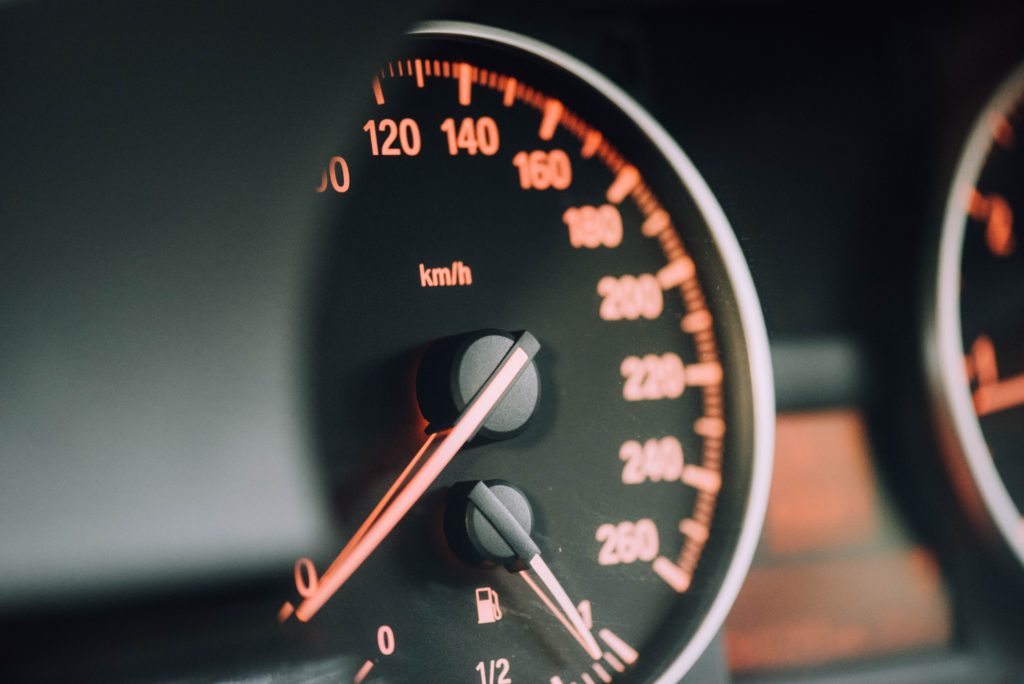Before listing your car for sale, it’s important to have some items in order. Perhaps most importantly, you should make sure that you’re aware of the documents you’ll need, in order to make the sale. You’ll want to ensure that you have these documents on hand, ready to go, both to present to buyers and to close the deal. However, figuring out which documents and paperwork are essential can be confusing.
Here is a short guide to the documentation you’ll need when selling your car.
Documents You Will Need When Selling Your Car

With the right documentation, transferring ownership of your car should be a smooth and legal process. You will need to make sure you have:
- A vehicle history report. When selling your car privately, consider including your vehicle identification number, or VIN. This way, it’ll be simple for prospective buyers to perform their own research on the car’s history. Nonetheless, it’s still highly important to have a solid familiarity with the history of your vehicle — especially if you weren’t the car’s original owner. Were there ever any major repairs or issues with the car, during your ownership? Without a thorough vehicle history report, it can be more difficult to validate your trustworthiness to potential buyers.
- Maintenance records. Even if your car has been thoroughly well-maintained over the time you’ve owned it, having documentation and evidence about service that has been performed is important. If you haven’t kept track of your vehicle’s maintenance records over the years, you can try to get them from the repair shop or dealer. These documents are another way to validate the condition of the car to potential buyers.
- Warranty documentation. Do you have a transferable warranty for your vehicle? If so, this could potentially justify an increase in asking price. With warranty documentation in hand, buyers will be able to have all of the information they need about the existing warranty. This includes the provider’s contact information, so that buyers can easily get the warranty balance put in their name.
- As-is documentation. Transferring the existing warranty of your car isn’t the only factor you should be accounting for. You should also establish, in writing, that there aren’t any implied warranties when you’re selling your car. This way, the buyer will know and understand that they are accepting future maintenance of the used car. As soon as the vehicle and the payment change hands, the deal is legally closed.
- Odometer disclosure. Whenever you’re selling a motor vehicle, due to the Truth in Mileage Act, you’ll be legally required to provide the buyer with an odometer disclosure. This should occur either at the time of sale or during the transfer of ownership. Assuming that your vehicle is fewer than 10 years old and weighs less than 12,000 lbs., this law will apply to you whenever you choose to sell your car. Some states have deemed it acceptable to give the current mileage reading on the car’s title. However, in other states, you’ll be required to present an entirely separate form. Make sure you know which requirements to adhere to, based on your location. This information can be found on your state’s Department of Motor Vehicles site.
- The vehicle title. Whoever holds the title, legally speaking, is the true owner of the vehicle. Is the title already safe in your possession? If so, then you’re prepared to hand it over to the buyer, once their payment is securely in your possession. Just sign the title over, and you’re good to go. However, if the title belongs to a lienholder, such as a bank you’ll need to get in touch with the bank, in order to confirm the loan payoff amount. You can then pay off your vehicle’s lease, before transferring the title to yourself, and then to the buyer.
- Bill of sale. This isn’t legally required, but it’s certainly a good idea if you’re selling a car. This way, you’ll be able to better document the sale’s terms and conditions, having them clearly in writing. This includes (but isn’t limited to) the odometer disclosure, vehicle description, purchase price, date of delivery, and the signatures of the buyer, seller, and the notary public.
Useful Resources to Take the Work Out of the Equation
Looking for useful resources to make the document gathering process easier? Here are a few to consider:
- Information on emissions inspection laws, by state.
- A vehicle history search, using either VIN or license plate information.
- An as-is bill of sale printout.
- A directory of automotive owner’s manuals.
Sell Your Car With Confidence Using CarVIO
Whenever you choose to sell your vehicle with CarVIO, we’ll simplify the car selling process. For instance, we’ll accept either a clean title or a salvage title, rather than simply requiring a clean or a lien title. Plus, we’ll purchase any vehicle, regardless of its condition or damages. Interested in selling with us, or just want more information? Check out our FAQs, or give us a call at (760) 493-7644



















